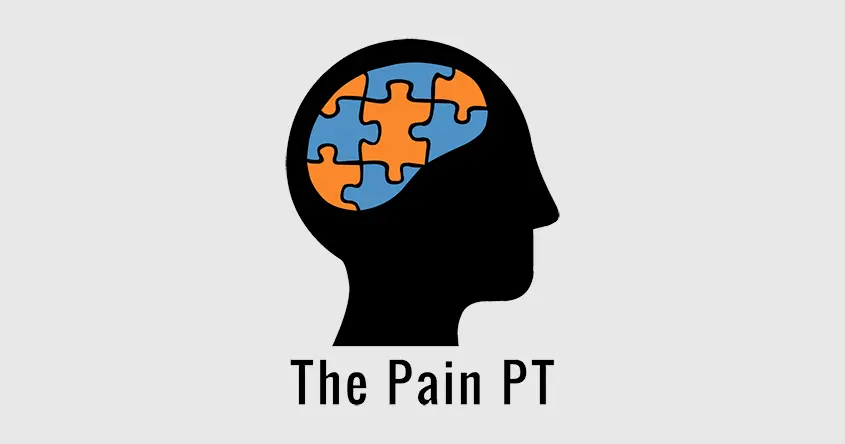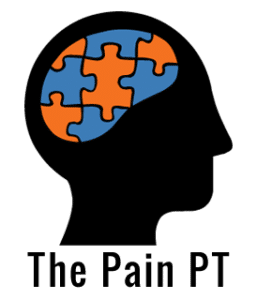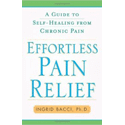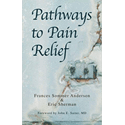The role of insecure attachment & alexithymia in somatic symptoms

This was a nice study showing how having an insecure attachment to a parental figure from childhood becomes a risk factor to having medically unexplained somatic symptoms (MUSS) later in adulthood. The study also highlighted that alexithymia (difficulty in identifying and expressing one’s emotions) mediated the association between anxious attachment and severity of somatic symptoms.
The researchers stated: “somatic symptom severity experienced by MUSS patients was related to attachment anxiety and alexithymia. These associations remained significant after controlling for sex, age, medication use, and depressive symptoms. Our findings may indicate that individuals with an anxious attachment style have difficulties in clarifying own emotions. This may in turn result in somatic experience of emotional distress and risk for development of MUSS.”
This study highlights how one needs to build a sense of safety and security within themselves as he or she may not have received it from a parental figure. This lack of safety and security in the brain results in anxiety and living from this state. It also contributes to alexithymia, which makes sense, as a anxious child would not feel safe or supported or allowed to freely express emotions. So one also would want to work to improve his or her emotional awareness and expression to mitigate alexithymia.
The authors state: “Patients with MUSS lack the capacity to link emotional feelings to bodily states and have difficulty interpreting and describing bodily feelings and sensations. This, in turn, may result in excessive clinging to biological explanations for illness and denial of possible psychosocial factors.”
This is why it is important move from the physical to the psychological when dealing with many somatic symptoms that don’t have a physical cause to them.






